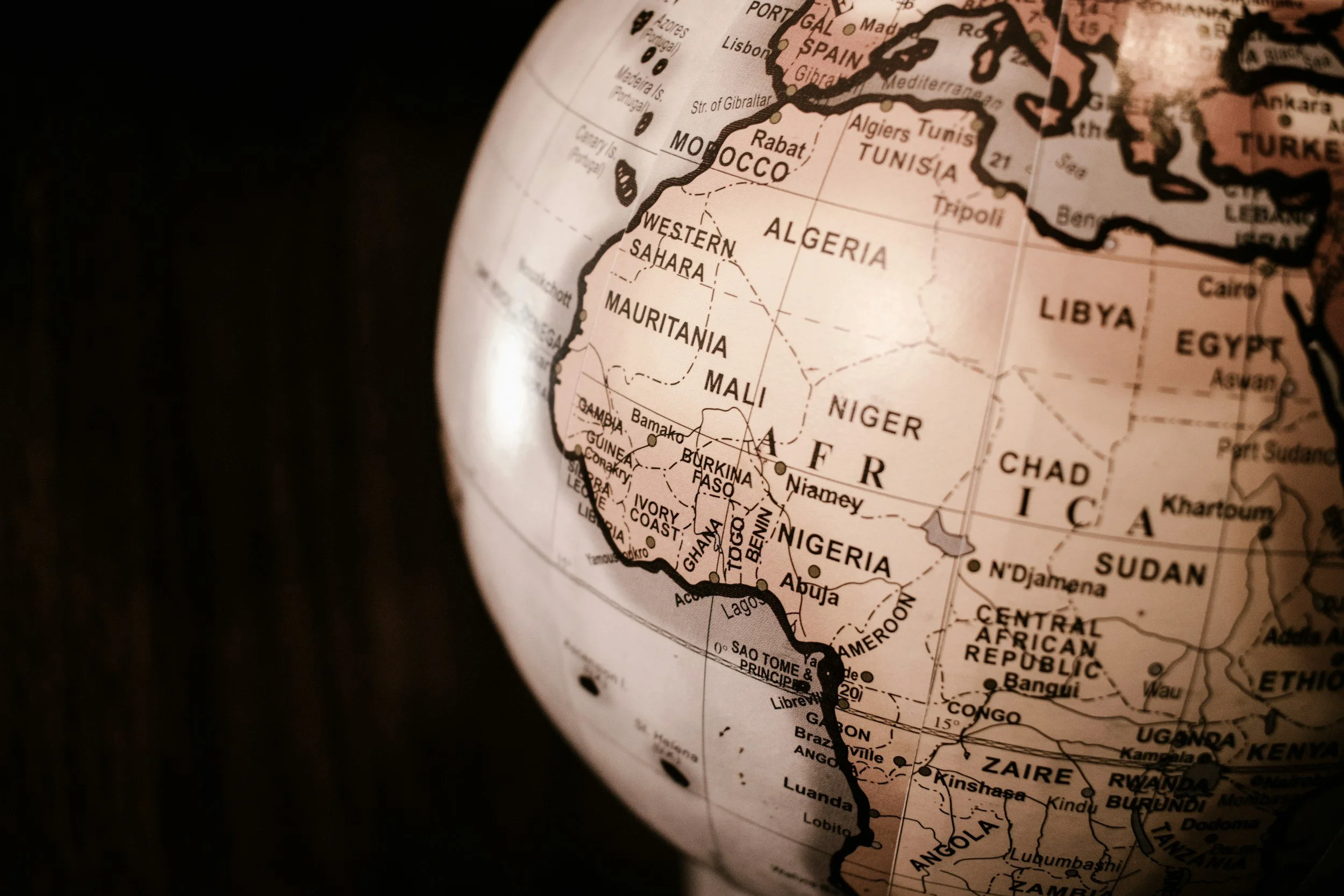African STUDIES
African Studies is an interdisciplinary field that explores the rich history, diverse cultures, languages, politics, economics, and social structures of Africa and its diaspora. This field of study helps students understand the continent’s complexity beyond stereotypes and misconceptions, revealing Africa’s significant contributions to world civilization.
-
African Studies helps students develop critical thinking skills, cultural awareness, and global citizenship. It challenges misconceptions about Africa while highlighting the continent’s historical significance and contemporary relevance. Students gain a more complete understanding of world history and recognize Africa’s ongoing contributions to science, technology, arts, and culture.
-
Geography and Environment
Students learn about Africa’s 54 countries, diverse landscapes from the Sahara Desert to tropical rainforests, major rivers like the Nile and Congo, and how geography has shaped civilizations and trade routes throughout history.
History and Civilizations
The curriculum covers ancient African kingdoms and empires such as Egypt, Kush, Ghana, Mali, Songhai, and Great Zimbabwe. Students explore the impact of the Atlantic slave trade, colonialism, independence movements, and contemporary political developments.
Culture and Society
African Studies examines the continent’s incredible linguistic diversity (over 2,000 languages), religious traditions, family structures, art forms, music, literature, and oral traditions that have been passed down through generations.
Economics and Development
Students learn about Africa’s natural resources, agricultural systems, trade relationships, economic challenges, and development initiatives, helping them understand both historical and contemporary economic realities.
-
African Studies naturally connects to multiple disciplines including history, geography, literature, art, music, science, and social studies. This interdisciplinary approach helps students see connections between different fields of knowledge and understand how various aspects of society interact.
AFRICAN STUDIES SCOPE & SEQUENCE
-
EXPLORING AFRICA:
This unit introduces children to the African continent and its robust diversity through books and play.
-
This level is divided into 4 units:
A. Africa Today
B. Ancient Africa
C. Africa, Anti-Colonialism, & Reconstruction
D. Post-Independence Africa
-
-
-

LEVEL 0 (Preschool)
-

LEVEL 1 (K-5)
-

LEVEL 2 (6-8)
-

LEVEL 3 (9-12)
FAMILy ASSIGNMENTS
Family-style learning (teaching a single topic to different age groups at the same time) can strengthen the family bond. Lessons can be adapted for each child’s learning style and level while older siblings are given the opportunity to utilize their leadership abilities. This style also steamlines the homeschool day, allowing families to focus deeply on one subject through shared readings, projects, and discussions.
The family assignments listed here are designed to nurture curiosity, model lifelong learning, and make learning at home more cohesive, flexible, and connected.
MOM & POP SCHOOL
Homeschooling gives parents the unique opportunity to dive deeper into topics and enhance their own education while they teach their children. I call it Mom & Pop School, and it has been one of the most enjoyable parts of this journey for me. I’ve learned so much about Africa while putting these units together. Here are some notes and great books I’d like to share.
David Livingstone


